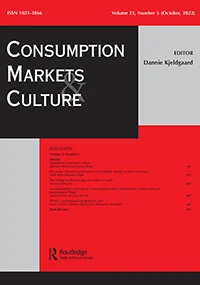This paper examines the understanding of poverty emerging in voluntourists’ accounts of their first-hand experiences of poverty alleviation. Based on the ethnography of an orphanage in Nepal, the authors show that despite voluntourists’ good intentions and even (self-)criticism of the volunteer tourism approach to poverty relief, their accounts tend to consolidate rather regressive ideas about poverty. They draw on post-colonial and post-development theory to illuminate specific ways in which the old Orientalist tropes and discourses of othering are perpetuated in this novel neoliberal form of travelling. The paper contributes to the critical work on voluntourism and market-based approaches to societal and environmental problems by focusing on poverty as an object of consumption. Such a conception emerges from how the voluntourists’ stories were shaped by and refracted through the structure of voluntourism and the logics of social media. Such refraction leads to systematic depoliticisation of global inequality and responses to poverty.

